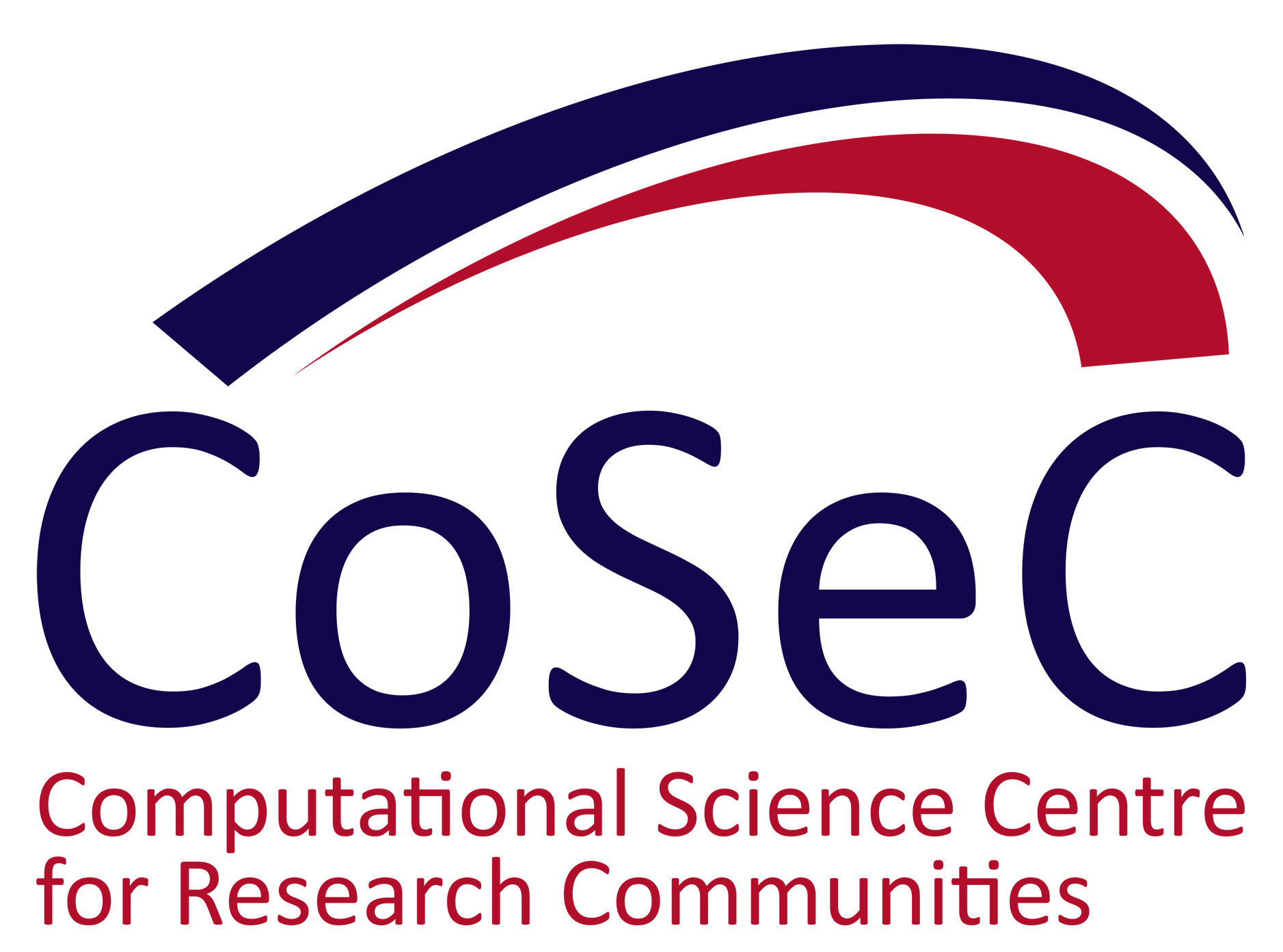
A collective of four CCPs: HEC MCC, CCP5, CCPBioSim and CCP9 together with Q-LABS sponsored what turned out to be a popular 'Scientific Aplication of Quantum Computing' Workshop with over 60 participants attending on the day. Richard Catlow and Scott Woodley (both of UCL) organized the event with the intention to highlight new opportunities and explore what quantum computing can offer both now and in the near future.
The meeting was aimed at academic and industrial representatives in the fields of quantum computing and computational science including materials science, physics, chemistry, engineering and life sciences. The attendees were split approximately into two types: 50% loosely described as 'learners' i.e. people from traditional classical or quantum atomistic simulations curious to learn what could be done with quantum computing, and 50% from the world of quantum computing itself with examples to showcase and specific probelms to share and discuss.
The presentations were carefully selected to cover all aspects of quantum computing starting from a high-level review of forefront 'classical' computing (that includes classical and quantum problems on the equivalent of desktop computers), through the maths needed to develop algorithms for quantum computing, (which involves qubit calculations), to specific cases of engineering quantum computing machines. For example, Vivien Kendon (University of Durham) presented 'Hybrid Algorithms 1: quantum computing using continuous-time evolution', Steve Brierley (University of Cambridge and founder of Riverlane), presented ''Quantum Computing and its Near-Term Potential Within Materials and Chemistry. Part 2. Programming with quantum bits: an introduction to quantum computing algorithms', and Glenn Jones (of Johnson Matthey Technology Centre) presented 'Perspectives on Quantum Computing for Materials Simulation: Some early impressions from an industrial end user'.
Following the talks, there was a break-off discussion with all participants split into small, 6-8 people groups, chosen to have representatives from all branches. Their aims were to answer three questions: i) what are the potential scientific opportunities in the different fields represented at the meeting; ii) how do we promote collaboration between different scientific and quantum computing communities; iii) what mechanisms are needed to make progress? The discussions were enthusiastic and lively creating a collaborative and animated atmosphere, where perhaps the first cooperative ('entangled' quantum) steps were taken on the path towards the future of quantum computing........
